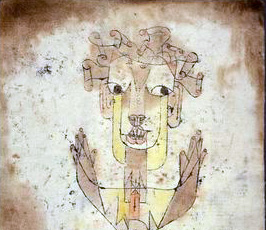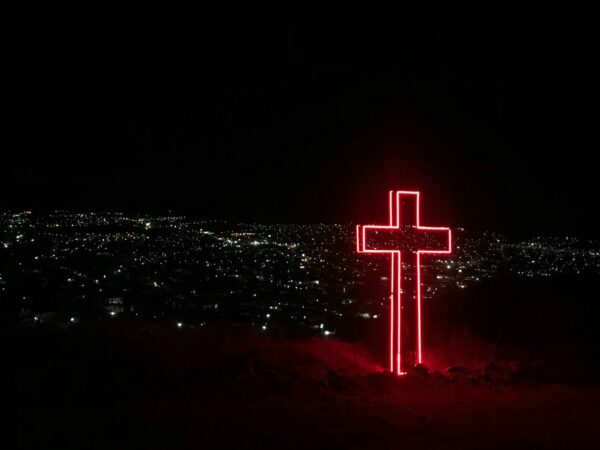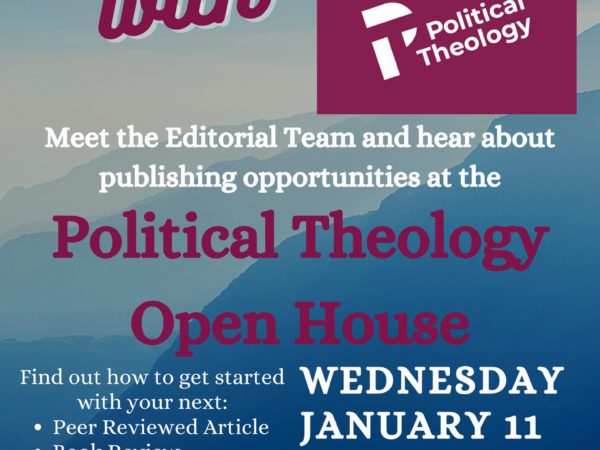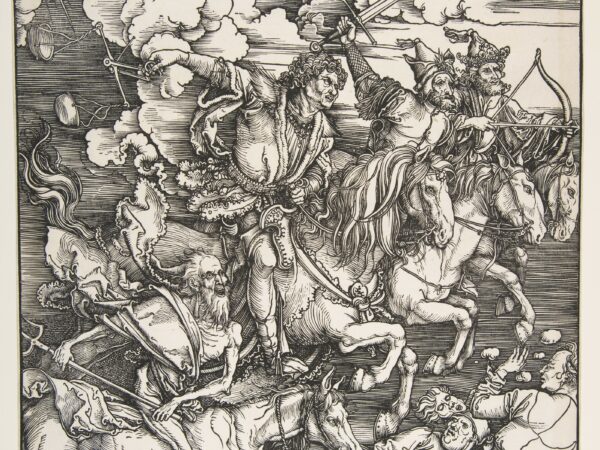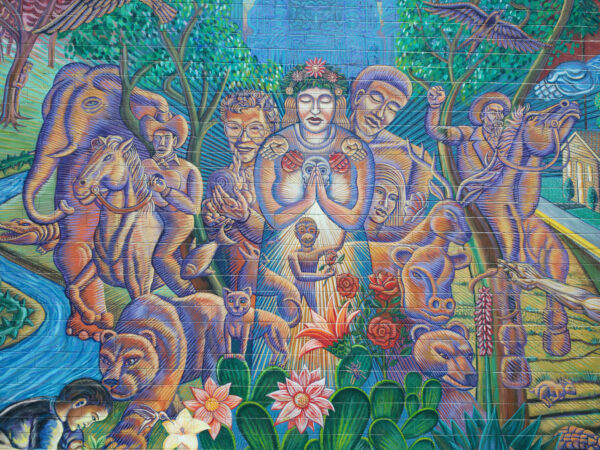
For several Latina writers, apocalypse as both revelation and catastrophe appears as an unavoidable framework that echoes across time, a framework shaping the past and future whose ultimacy must also be upended. Apocalypses large and small continue, but not all truths are disclosed equally and some endings—and the meanings they should yield—are abrupt but never ultimate.

For Afropessimism, the World is the katechōn, rather than a particular institution within it. The language of the katechōn as the “restraining power” facilitates how the structure of anti-Blackness is not only a structure of domination and gratuitous violence, but also the foreclosure of a more radical mode of what Wilderson calls gratuitous freedom—which is precisely freedom from the World.
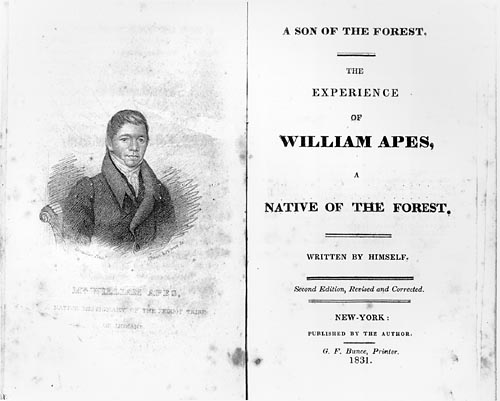
William Apess, like Walter Benjamin a century later, sought to shift the paradigms of society with history and theology as orienting poles for colonial critique. Anticipating Benjamin, Apess looked to those who had been wrecked by the advance of colonialism as the grounding site for historical and political theological inquiry.

Amidst climate catastrophe and accompanying disasters, references to “apocalypse” on the right and the left won’t desist. So its ancient meaning– not “the end of the world” but “unveiling” — can help resist the denialisms and the nihilisms that close, rather than disclose, possibilities of world transformation.

John the Baptist paves the way for a new ecclesiological model that pushes the church beyond a reproductive model of mission insistent on its own futurity. Embracing an ecclesiological ‘death drive’ can open doors to see the unexpected God-over-there within the present.
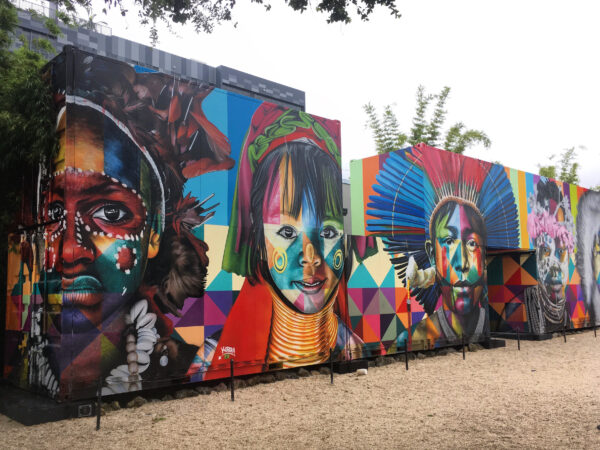
It is not always possible (or advisable) to separate the “political” from the “religious” or “cultural” in Indigenous contexts. Indeed, all of these are concepts developed by outsiders to describe Indigenous life. Instead, Indigeneity invites scholars of political theology and related fields to consider the relationships between these threads of cultural life.
